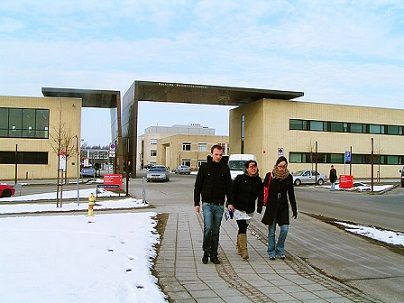New figures from the Gældsstyrelsen debt authority, a subsidiary of the tax system SKAT, reveal that students who have studied in Denmark have absconded without repaying 389 million kroner received in SU student loans.
Some 234 million kroner is owed by students from other EU countries and, due to a loophole in EU regulations, the Danish authorities have been unable to get the money back once the students have left Denmark.
Over the hills and far away
However, by far the largest amount – 389 million kroner – is owed by people from countries outside the EU, and that is even more difficult to claw back.
READ ALSO: Denmark unable to claim millions in foreign student debt
“Just finding an address for an SU recipient who has gone abroad can be difficult in itself. A lot of the time, they don’t have the means to pay once they’ve finished their studies,” Gældsstyrelsen’s deputy head, Ulrik Pedersen, told DR Nyheder.
“That means it could be two, three or four years before they can pay, and in that time they may have changed address two, three or four times.”
Thinking outside the box
As a consequence, Gældsstyrelsen has now decided to hire a debt-collecting agency to assist them with collections outside the EU.
In this category, citizens of Somalia, Iraq and Iran have managed to accrue debts of 50 million kroner alone.
The authority is also having to think more creatively when it comes to getting money back from EU citizens. Gældsstyrelsen intends to go to court more often because with a judgment in hand, it is easier to make use of more general EU rules.















